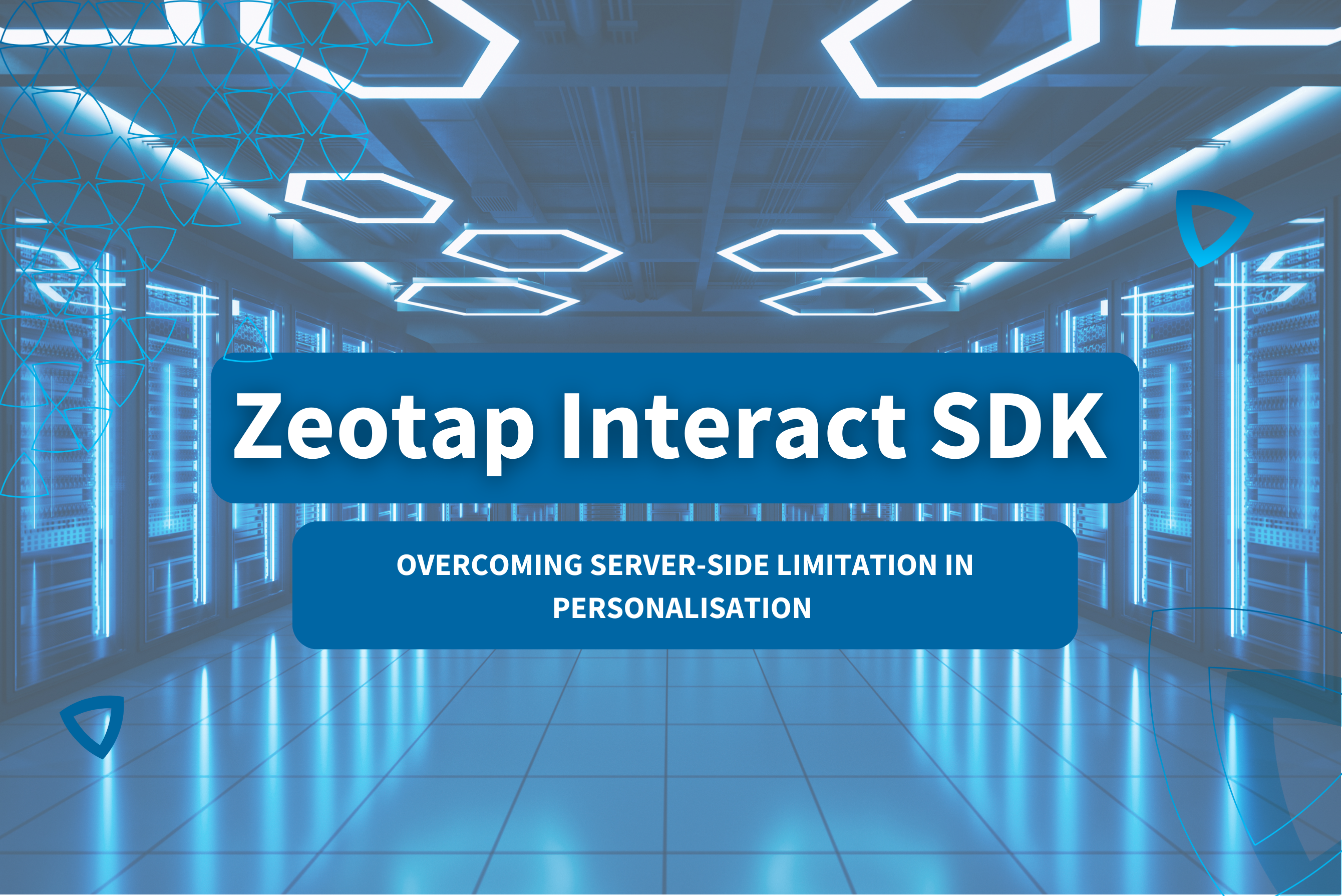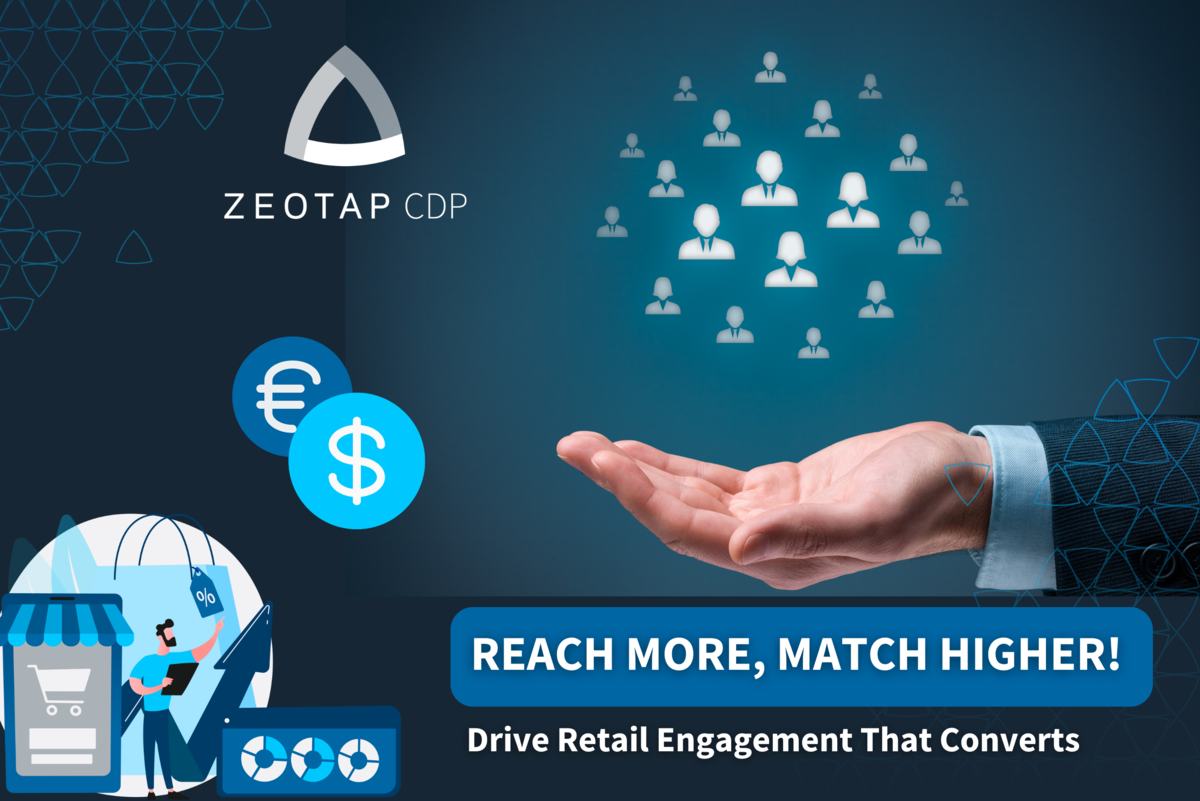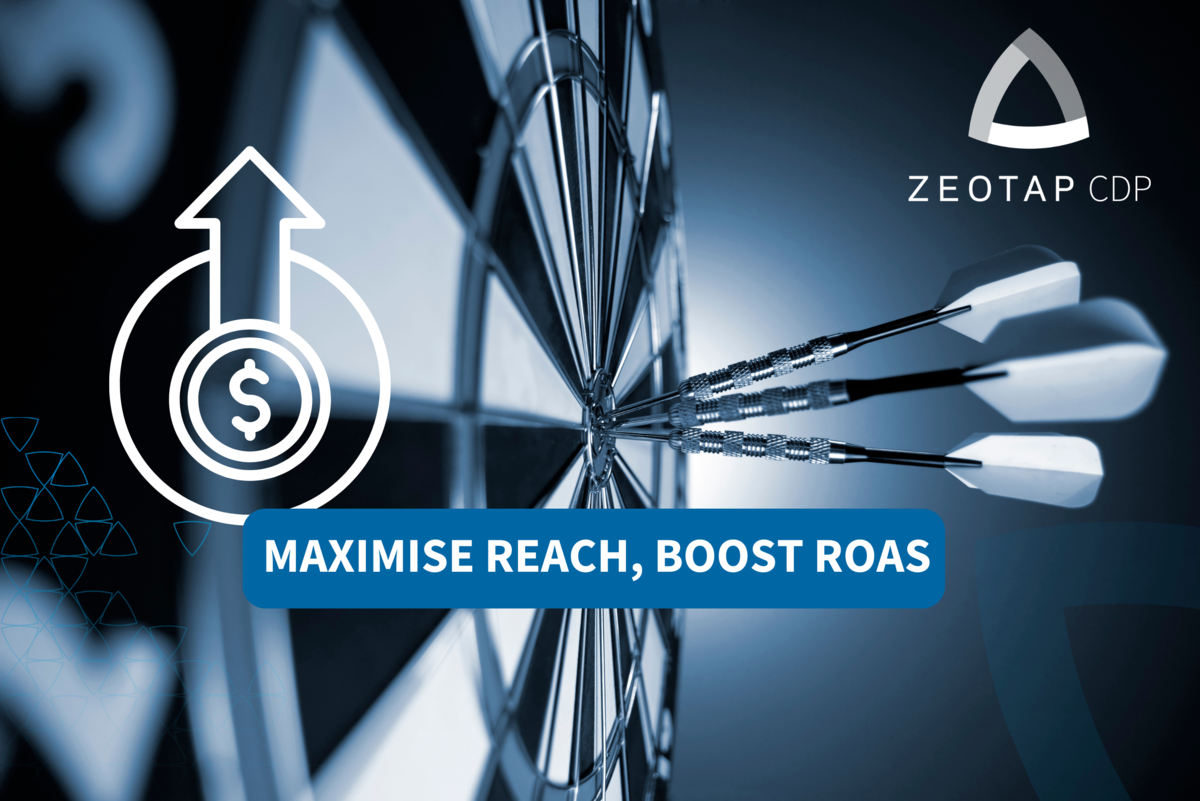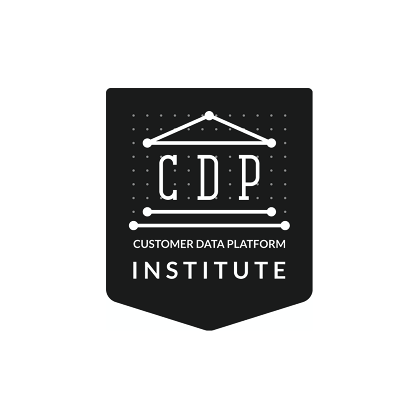As the shift away from third-party cookies has demonstrated so clearly, marketers need to find ways to be more self-reliant, particularly when it comes to data. Brands have increasingly relied on Customer Data Platforms to make the most of their first-party data, but that’s just one piece of the puzzle.
Over the past few years, consumers have increasingly clamoured for more transparency into the data collection process, as well as the ability to prevent brands from collecting and storing their information without consent. Many CDPs are simply not equipped to allow marketers to meet the challenges of a privacy-first, data-centric future.
Here’s a quick rundown of what marketers should really be looking for in a future-proof CDP – and what they should avoid.
Quick recap: what is a CDP?
The CDP Institute defines a CDP at the most basic level as “packaged software that creates a persistent, unified customer database that is accessible to other systems.” The relative simplicity of this definition means that there’s a great deal of variety within the CDP market – so it’s important to understand the nuances between outwardly similar platforms.
CDPs have many uses, but by far the most important one is to enable you as a marketer to keep track of your customers while delivering personalised experiences to them across all touchpoints. It might sound simple, but it can be difficult to find a CDP that truly delivers on that front while providing other features – GDPR compliance, identity resolution, analytics, etc. – that enable you to truly maximise the reach and effectiveness of your marketing.
How can CDPs help marketers of the future?
Most CDPs tend to offer a similar slate of features: they collect and store customer data from all sources, create unified customer profiles, and enable external systems to access that information. More sophisticated platforms might offer customer segmentation, machine learning, journey mapping, and predictive modeling, as well as data analytics and campaign optimisation.
There’s no question that all of these capabilities are hugely useful in helping marketers deal with day-to-day challenges – but they won’t necessarily protect marketers in the event of industry-wide transformation.
Case in point: today’s privacy and compliance standards are stricter than ever, with laws like GDPR (In Europe) and CCPA (in North America). As countries around the world beef up their privacy standards, it becomes even more important to have a CDP that can help you operate in complete compliance with the appropriate legislation.
Looking for a CDP that ticks all the compliance boxes? Use our CDP and data privacy and security certification checklist as a guide to finding a compliance-first CDP.
The impact of consumer data concerns
Even in places without strong data privacy laws in place, there is a clear sense amongst users that it is a serious concern that can have an impact on their relationship with a brand. Marketers have to be careful, then, to only collect information that users have consented to – otherwise, they might end up driving more customers away than they bring in.
With that said, managing the consent journey can be just as difficult as managing the customer journey – users might consent to have their data stored on one channel but refuse on another, while different regions can have drastically different data privacy requirements.
A CDP that can also manage and view cross-channel customer consent preferences from one unified interface will make the consent process much easier to manage, and prevent potentially costly mistakes from occurring, is a necessity.
How a CDP can support and protect your data strategy
Given that, it is important to keep in mind that CDPs based in North America may have more relaxed protocols in place given the laxer data privacy regulations – so if you’re looking to do business in Europe, you should look for a CDP that’s specifically engineered to meet GDPR and other privacy requirements. By adopting a CDP that’s been designed with privacy in mind from the very beginning, marketers can be secure in the knowledge that they are equipped to meet the challenges of a privacy-first world while still providing personalised advertising to their audiences.
Of course, which type of CDP you choose is highly dependent on the needs of your company. But it’s also important to look at how the marketing industry is changing, and how those changes will affect the way your company is able to collect and use data.
In particular, brands have to think about customer data compliance, and how to collect, store, and use customer data in a way that aligns with existing regulations around the world.
Already using a CDP? Here’s what you need to think about
Even if you already use a CDP, it’s important to think about whether your current set-up is equipped to allow you to meet long-term marketing goals and adequately respond to industry challenges.
The upcoming deprecation of third-party cookies is a case in point: most marketers were not expecting anything like this to happen, and so have been left to scramble together solutions that will enable them to continue marketing the way they’re used to. That’s why it’s important to invest in tools that not only help you in the short term, but also insulate you from the shock of unexpected events in a cookieless future.
Concerns about data privacy and the misuse of personal data are now part and parcel of the entire marketing process. Marketers need to make sure they’re equipped to handle the current requirements as necessitated by law, but they should also be ready to adopt additional data privacy measures as soon as they are needed. Without a CDP that’s future-proof, marketers are making the job much harder than it has to be.
A recent report by Forrester (available to Forrester subscribers and for purchase) revealed that Zeotap CDP is only 1 of 6 CDPs (from 34 included in the report) with a majority presence by revenue in EMEA. Zeotap CDP has an 85% footprint in EMEA, which is why we believe we’re perfect for privacy-savvy European brands.
Eager to start the year off with a CDP built for the future? Reach out to our team today to schedule a demo.

































